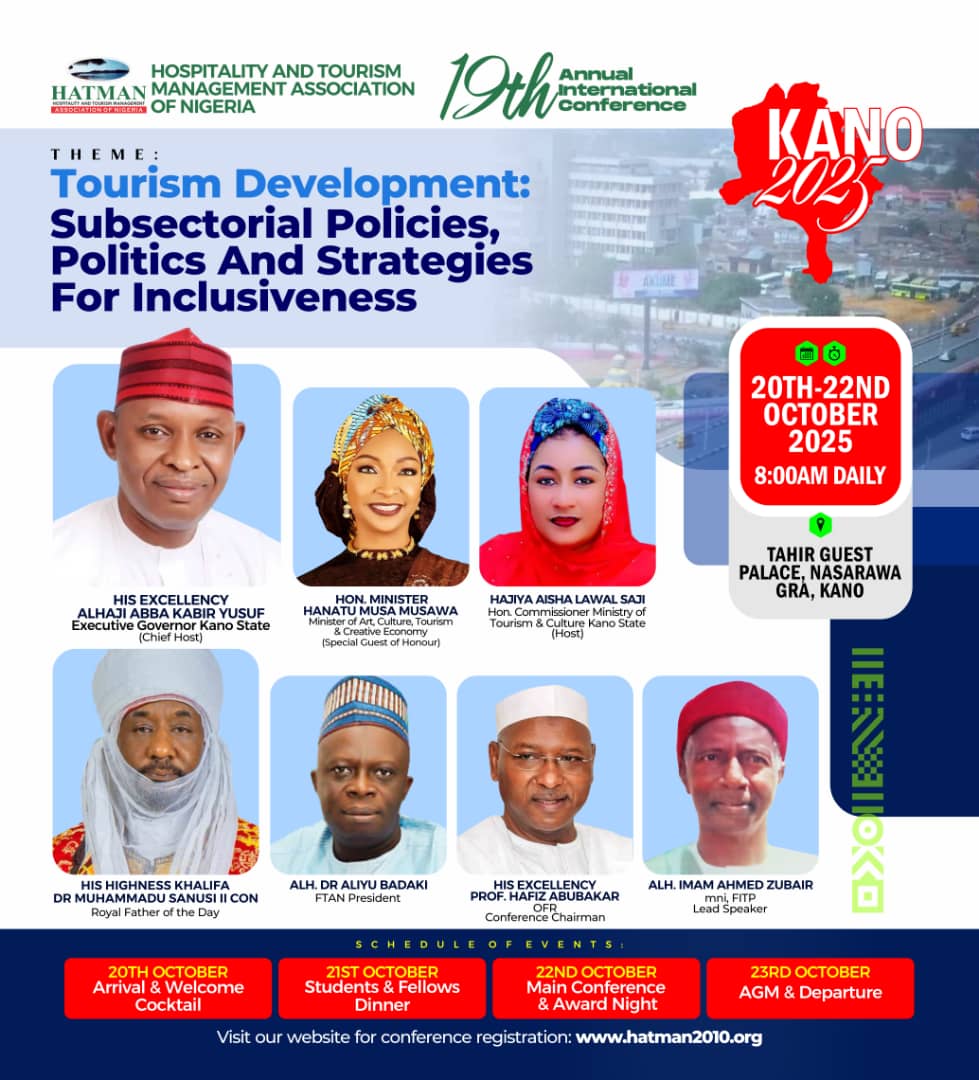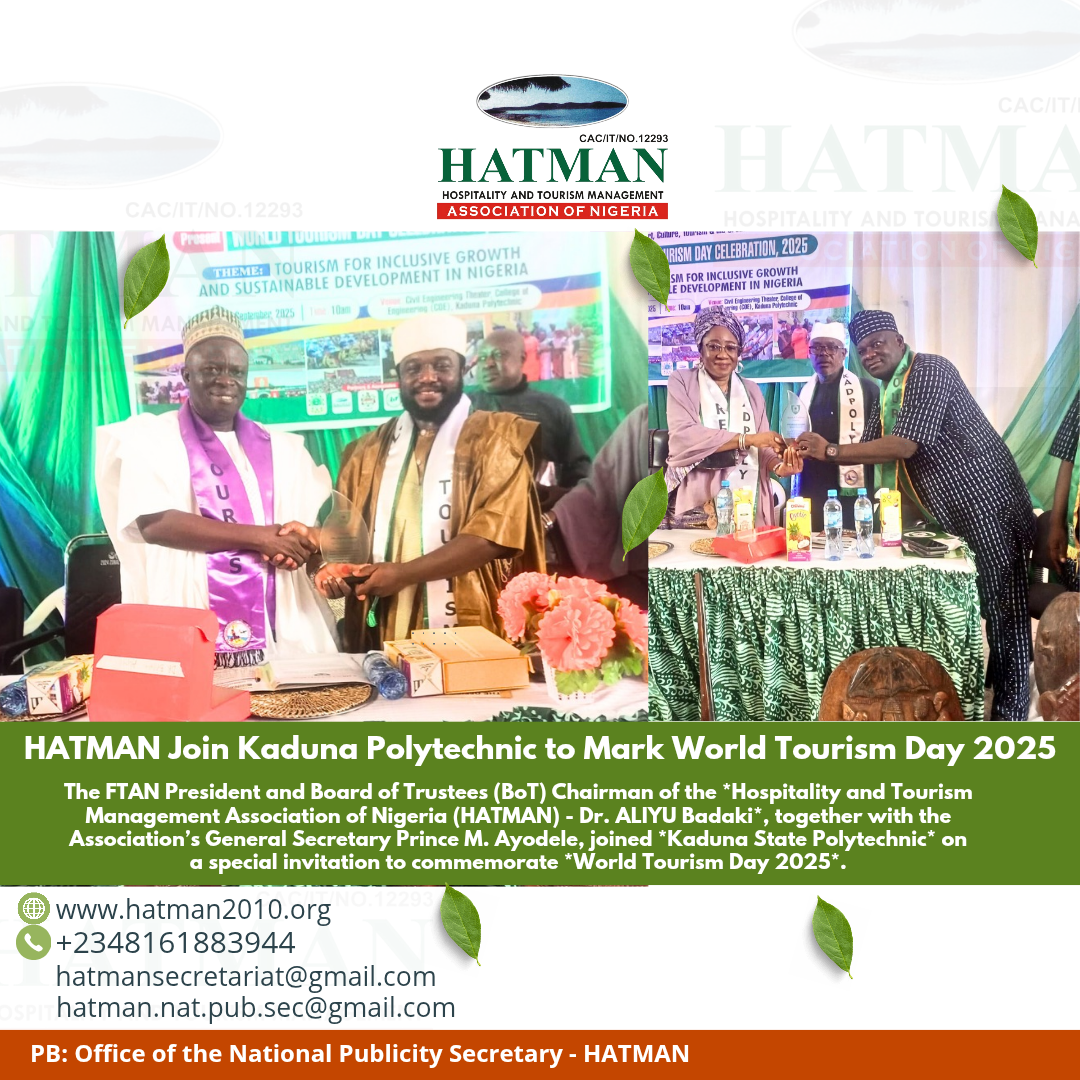Trailblazing Moment in Global Tourism: UAE’s Shaikha Nasser Al Nowais Elected as First Female Secretary-General of UN Tourism
Madrid, Spain – In a historic and transformative decision, Shaikha Nasser Al Nowais of the United Arab Emirates has been elected as the first woman to lead UN Tourism, marking a significant shift in the global tourism leadership landscape.
At the 123rd Executive Council Meeting of UN Tourism held in Madrid, delegates from 35 member countries cast their votes in a transparent and closely observed election that underscored both political and economic influences. Shaikha Al Nowais emerged victorious in a runoff against Greece’s candidate, receiving 24 votes to Greece’s 11 in the second round. The first round saw the UAE lead with 16 votes, followed by Greece (11), Mexico (6), and Ghana (2).
Al Nowais, who hails from the prominent family behind the Rotana Hotel Group, brings with her a powerful combination of wealth-backed influence and regional representation from one of the world’s leading tourism hubs—the United Arab Emirates. While questions have been raised about her limited professional background in global tourism governance, her victory signals a broader geopolitical alignment and a collective hope among member states for a new and possibly transformative direction for UN Tourism.
Observers note that African nations largely aligned with either Ghana or the UAE in the vote, a move interpreted as a strategic pivot toward influence and opportunity rather than strictly experience-based leadership.
Despite criticism that the vote may have prioritized financial power over proven qualifications, many in the global tourism sector are cautiously optimistic. With her win, Shaikha Al Nowais now carries the expectations of millions whose livelihoods are tied to a thriving and inclusive tourism sector.
Her election also delivers a striking blow to seasoned tourism professionals like Gloria Guevara of Mexico and Harry Theoharis of Greece, who had both been considered strong contenders. It has also been viewed as a setback for Saudi Arabia, which had heavily supported the Greek bid.
Gloria Guevara, reflecting on the campaign, stated:
“After months of intense engagement across five continents, I shared a vision grounded in innovation, resilience, sustainability, and opportunity. I remain grateful to all the leaders and stakeholders who contributed to these conversations, and to the Government of Mexico for its unwavering support.”
The five-way race, which included candidates from Greece, Ghana, Mexico, Tunisia, and the UAE, highlighted the complex intersection of diplomacy, influence, and ambition within UN-affiliated institutions. A notable development came from Czechia, which proposed the formation of a temporary committee to guide the organization until the General Assembly in Riyadh this November—a motion reportedly overlooked by the current Secretariat.
As UN Tourism prepares for new leadership in 2026, the appointment of Shaikha Al Nowais is more than symbolic—it’s a bold bet on a different kind of power in the global tourism equation: one shaped by economic might, regional prestige, and a fresh female perspective.




